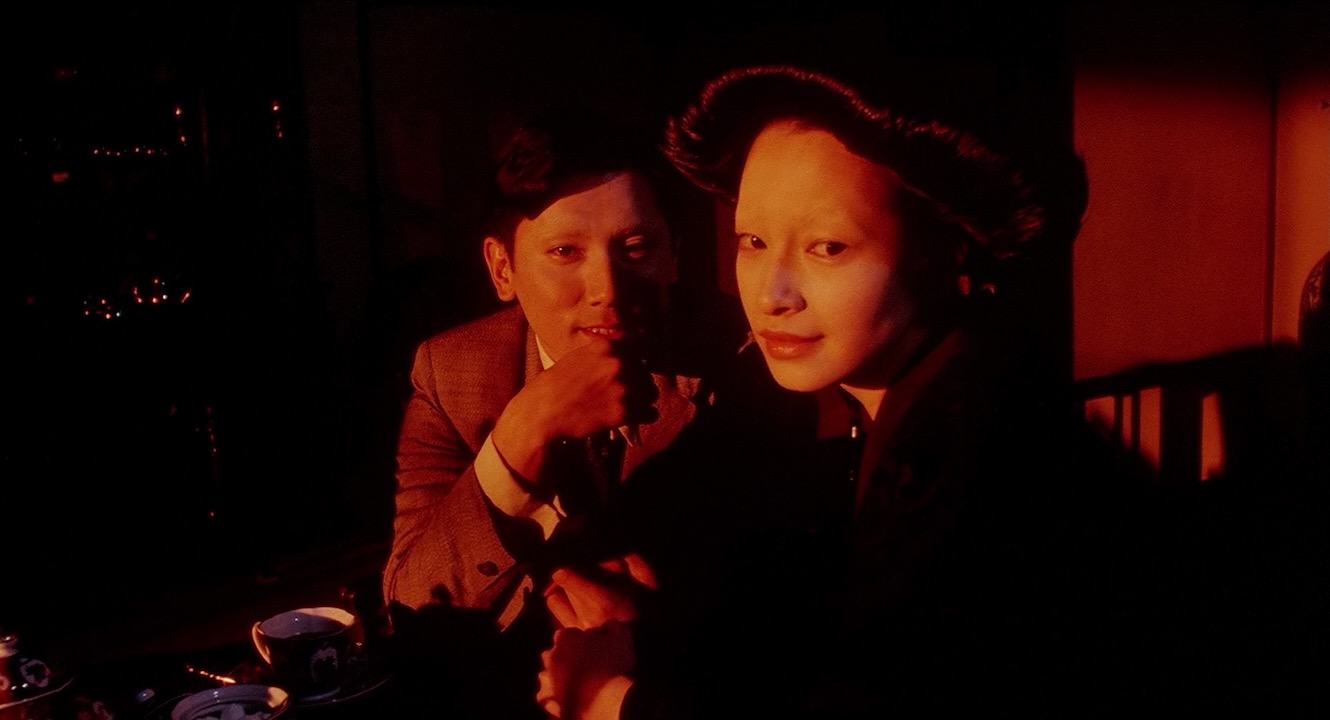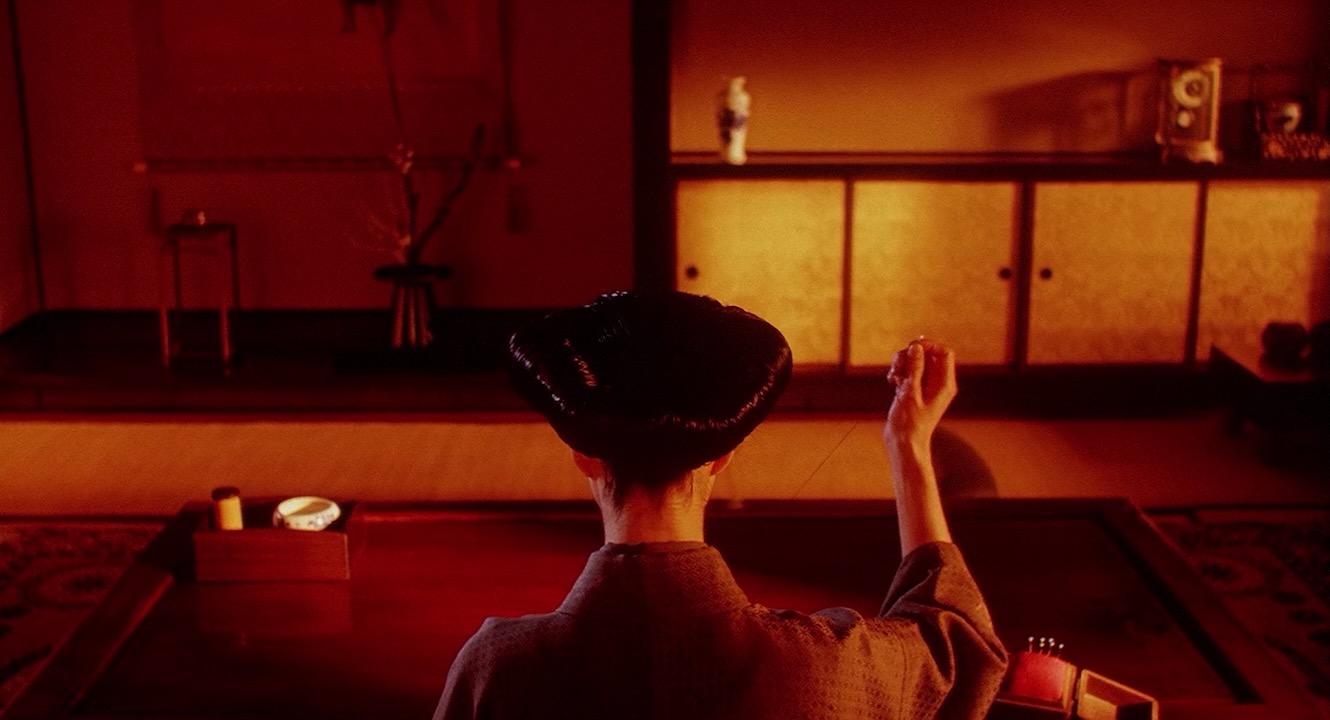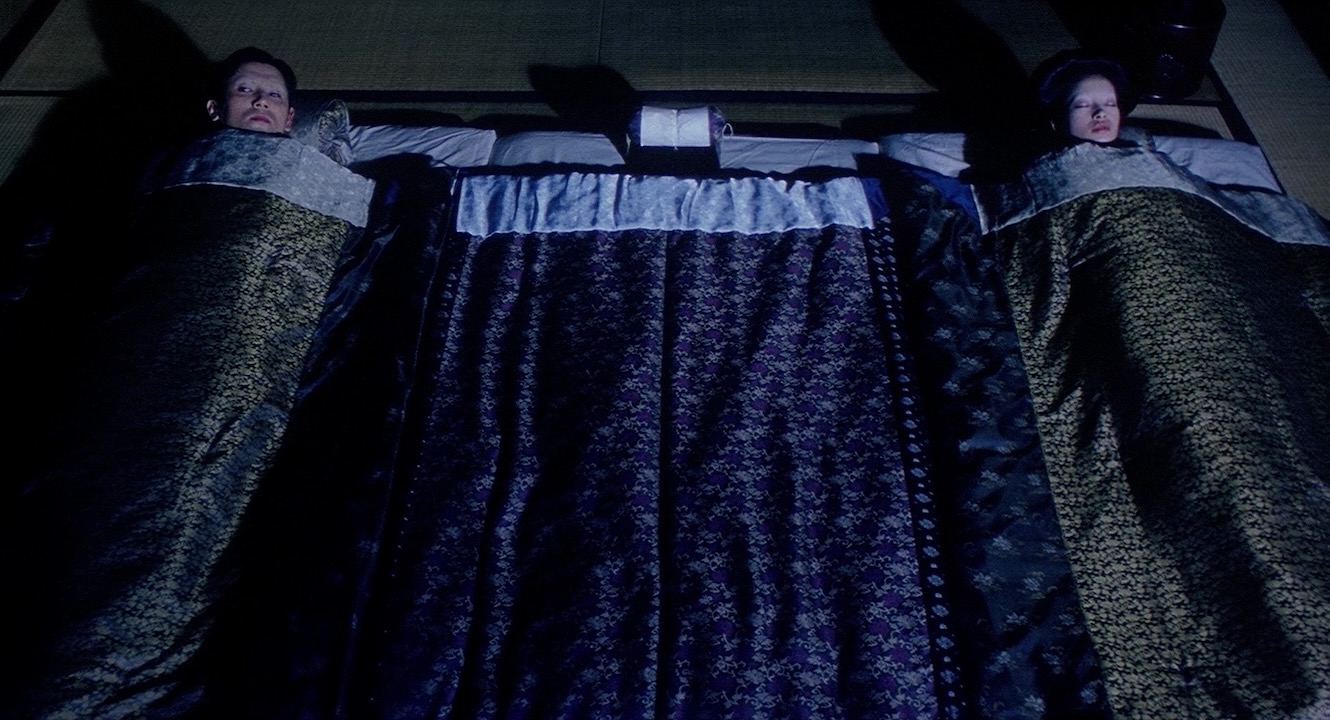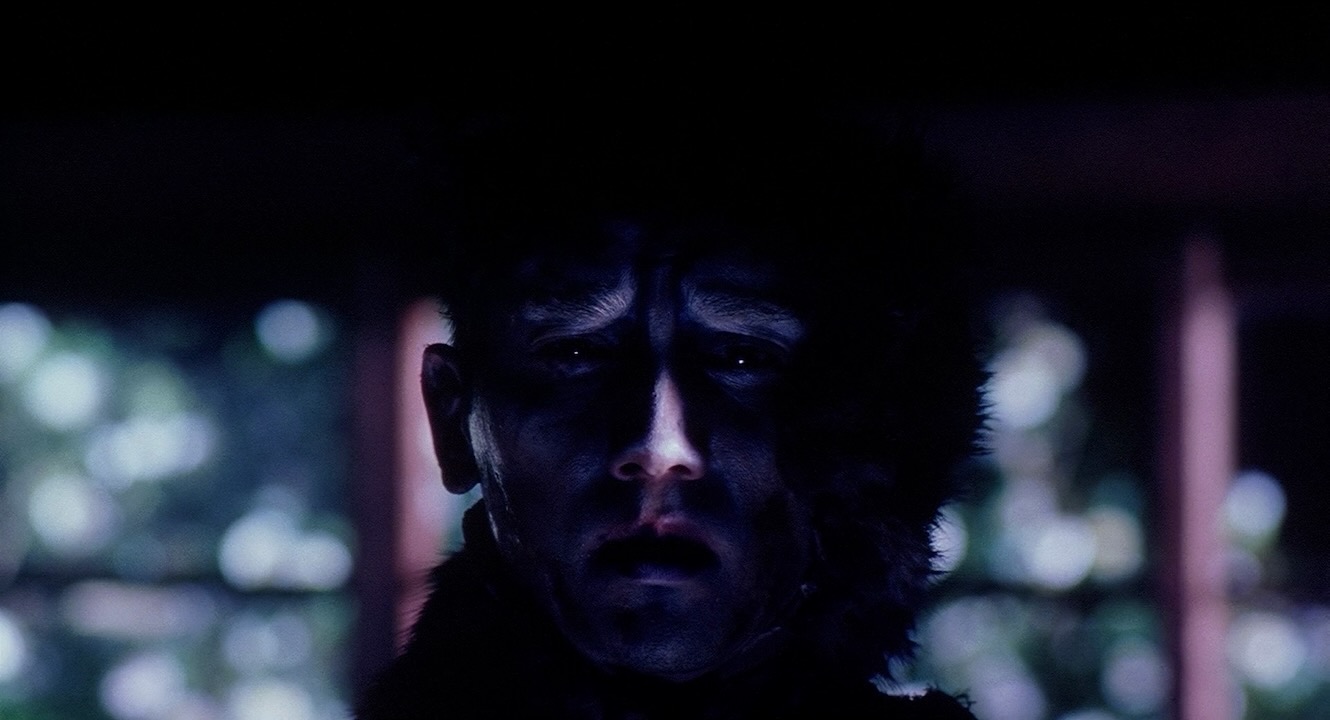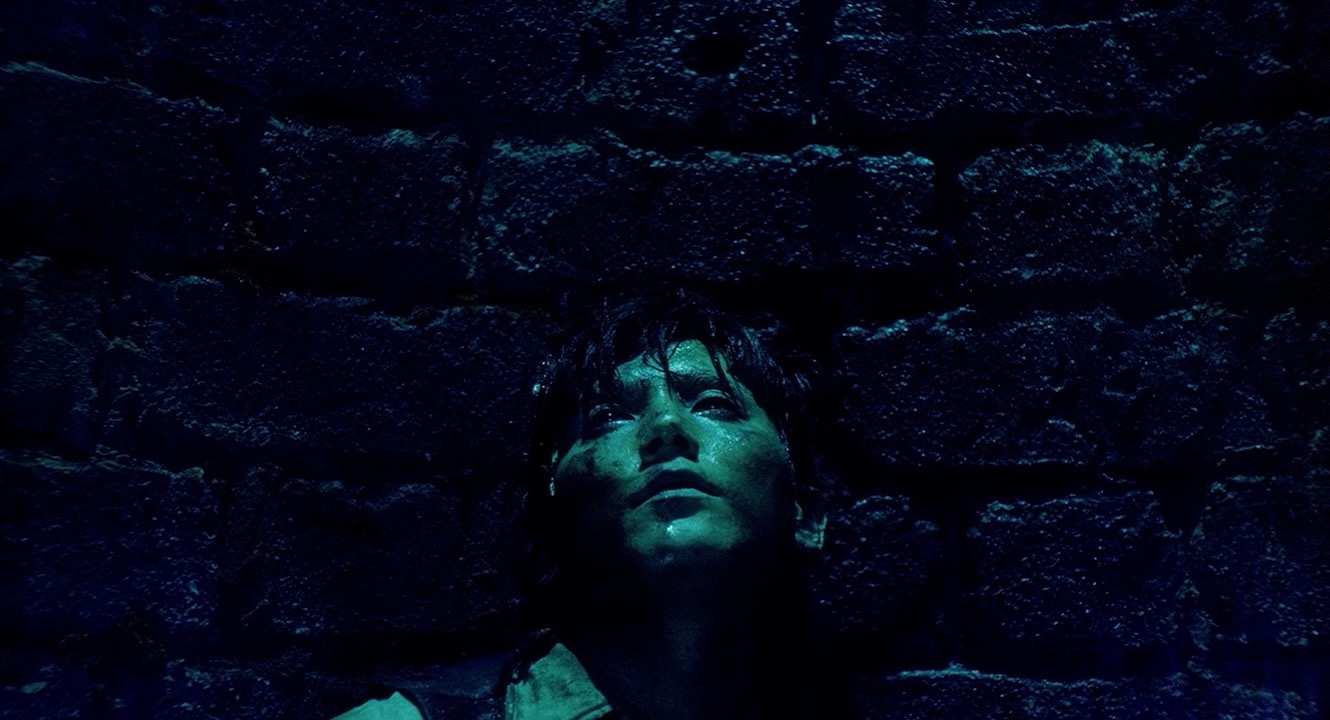Children (1976)
Watched this after an episode of Shifty to reinforce how terrible is England. Everyone’s catatonic or an arsehole or both. Kid is bullied, his mom cries on the bus, his dad is violent, has fits, then dies. The kid also appears a decade later, gay and depressed. As far as miserable British youth movies, it’s no The Wall, whose soundtrack I happened to hear last week.
Hearse reflection:

Lawrence Garcia in Cinema Scope:
From the perspective of Davies’ later work, the film is most notable for its eschewal of a causal dramatic progression — and I use that term advisedly, for Davies’ construction refuses the temporal asymmetry that one might be inclined to impose on the film, resisting one’s impulse to fix the adult Tucker’s scenes as the stable present from which the childhood sequences would be merely reminiscence. Children is unique in that it is as much premonition as recollection. Although not yet marked by Davies’ singular use of music, it established something arguably even more central to his cinema: the principle that the tides of time flow backward as well as forward.
Every inch of England is filled with horrors, but this sign was the worst thing I saw:

–
Madonna and Child (1980)
Same guy (different actor) dotes on his mum, prays, suffers extreme catholic guilt. He goes to work (as an accountant, possibly). He puts on his leather and goes out to clubs or tattoo parlors or to pick up men at the toilets. Both have lot of stillness and prayer, but I liked this one better than Children. Not as much of the mother as you’d expect from the title, and she’s asleep in half her scenes (Sheila Raynor also played a mother in A Clockwork Orange).


–
Death and Transfiguration (1983)
Same guy (now Wilfrid Brambell of A Hard Day’s Night) old and dying, having flashbacks to when he was played by different actors. Finally Davies is using melodramatic pop songs mixed in with the christmas carols and hymns.

Garcia:
With even more concentrated force than the films that would follow, it depicts an entire life as a kaleidoscopic whirl of disjunctive images and sounds, most notably the alarming, unabated death rattle of an elderly man on his hospital deathbed, gasping for breath as the screen fades to white. It is a haunting distillation of a remark Deleuze attributes to Fellini, that “we are constructed in memory… simultaneously childhood, adolescence, old age and maturity.”

